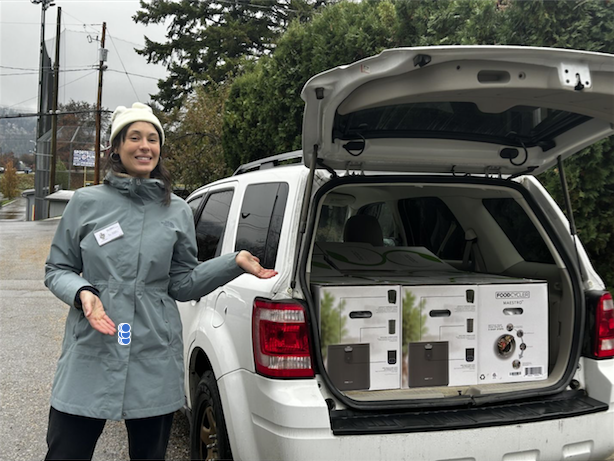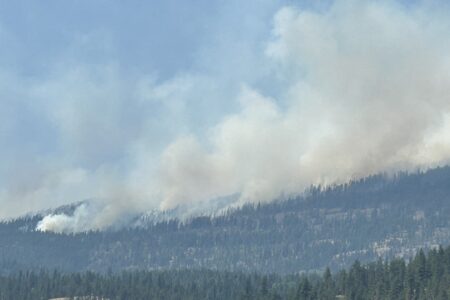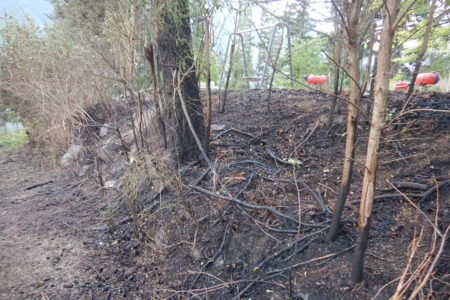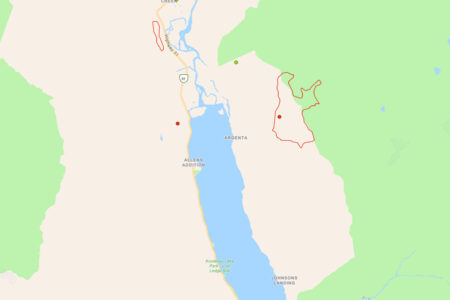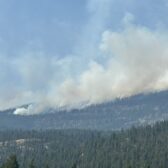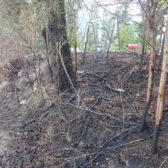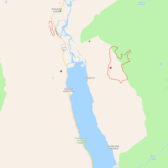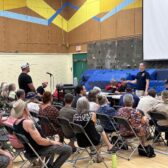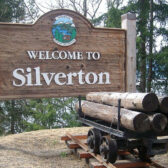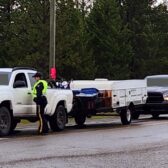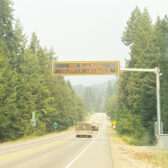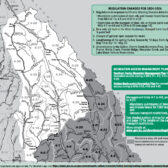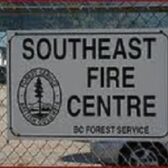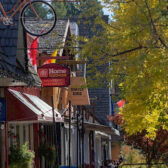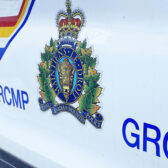FoodCycler looks to greater Nelson to continue successful run
Food waste could be on the endangered list in the Heritage city.
The FoodCycler is set to be unleashed on the rest of Nelson outside of the neighbourhood of Fairview, after the majority of residents in the pilot program stepped up for the waste diversion technology.
Around 76 per cent of people in the northwest Nelson neighbourhood — 709 out of 928 eligible homes — elected to receive the “innovative approach to diverting organic waste” with the FoodCycler since the inception of the pilot launch in October 2023.
The success of the program lies in simplifying waste management in the home and protecting wildlife, said Emily Mask, the Climate Programs coordinator with the City.
“Our residents are overwhelmingly satisfied with the program. Upon receiving their units, participants often express appreciation for the service,” she said. “Even those less inclined toward climate action recognize the benefits of the FoodCycler.”
Mask explained that a third-party waste management consultant will be gathering data to evaluate the program’s success — a joint effort between City staff and the consultant.
With the data being independently analyzed, the results will help inform the next steps, with a decision by City council expected this summer.
“As stewards of our environment and community, the diversion results will be a key factor in our decision-making process,” said Mayor Janice Morrison in a press release. “This comprehensive evaluation of the FoodCycler program will provide valuable insights to determine the next steps toward implementing a city-wide program.”
People can visit nelson.ca/organics to sign up for the remaining units. This will be on a first-come, first-served basis and will only be open to Nelson residents.
Foodcycler – pilot program: objectives
- Manage liquid, solid and hazardous waste in the following order: avoid, reduce, reuse, recycle, recover and dispose.
- Foster waste reduction and elimination practices by providing innovative means for reduced consumption.
- Encourage local composting and reuse of organic material.
- Approach “zero waste” by maximizing resource reduction, reuse, recycling, and recovery for all waste types.
- Eliminate organics from the landfill as soon as feasible.
— Source: City of Nelson agenda, 2020
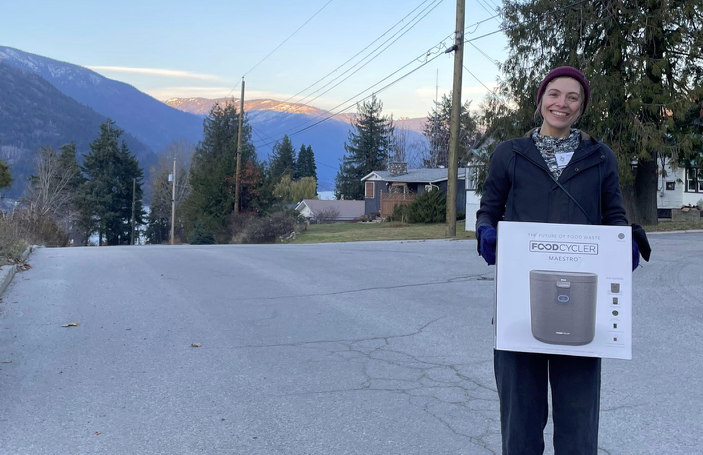
Program assistant Mary Tress in Fairview, pilot neighbourhood, delivering FoodCyclers door-to-door — submitted photo.
The FoodCycler was recommended by 83 per cent of the test group in 2020, with 53 per cent of people taking part in the pilot feeling that if the cost of curbside collection was the same or less than a FoodCycler program, the unit would be a viable long-term option for food waste diversion.
A further 16 per cent or respondents said yes, but there could be some improvement to the program, and 12 per cent said maybe, but it was still too early to tell.
The FoodCycler also motivated the reduction of the amount of food waste generation in households in 39 per cent of the cases, with 42 per cent seeing no change.
The organic matter that was produced by the FoodCyclers was put to good use, with 71 per cent of respondents mixing it into their own gardens.

FoodCycler soil amendment drop off location — submitted photo.
Organics Waste Diversion Strategy
- Advance zero waste education through collaboration with the regional district
- Work with the regional district to implement the strategies described in the new Regional District of the Central Kootenays (RDCK) Resource Recovery Plan, including composting seminars, school education through the Beyond Recycling program, and social media such as Facebook.
- Increase recycling and organics diversion with improved local services
- Increase recycling by including recycling for commercial buildings and additional drop-off sites for residents.
- Increase organics diversion and composting at both local and regional scales, including:
- significant backyard composting promotion, primarily through education, with bear awareness education;
- community gardens in public parks and schools;
- targeted commercial composting from major sources, such as grocery stores, restaurants, and hospitals, through education; and
- more frequent yard-waste pickups.
- Add additional wood drop-off points and transfer stations in Nelson. Use excess wood waste from the community and the region for future district energy systems.
- Explore program changes to curbside pickup program that would increase diversion, such as a user pays system that charges for waste pickup by weight or mandating clear plastic bags.
— Source: City of Nelson agenda



